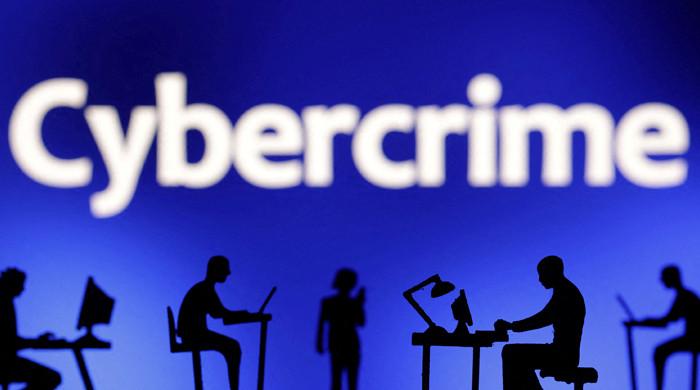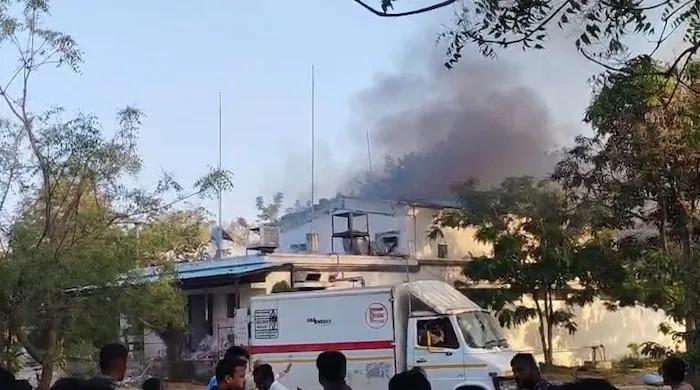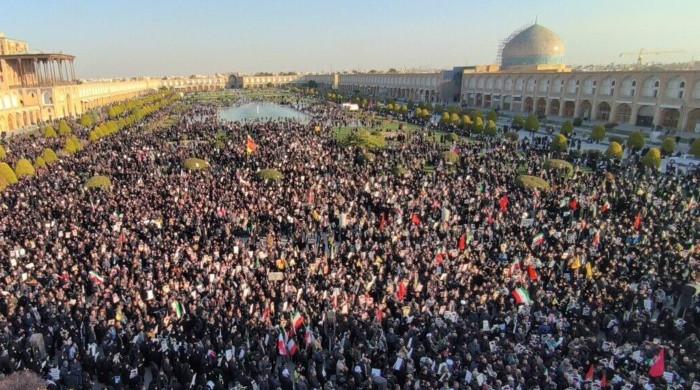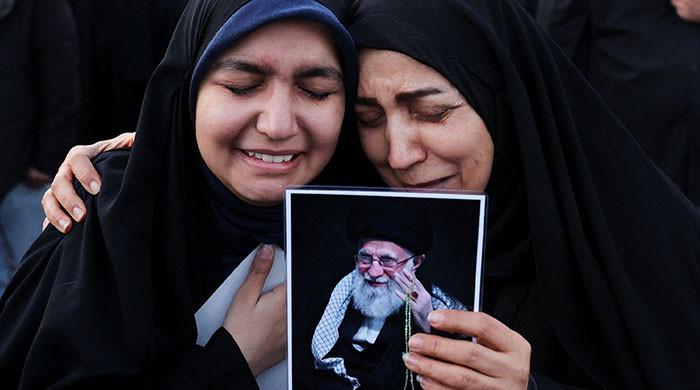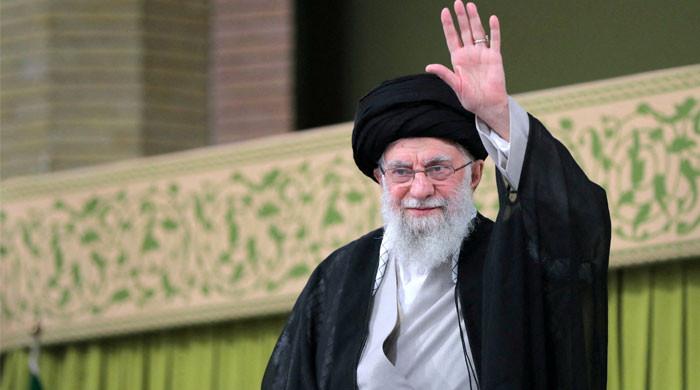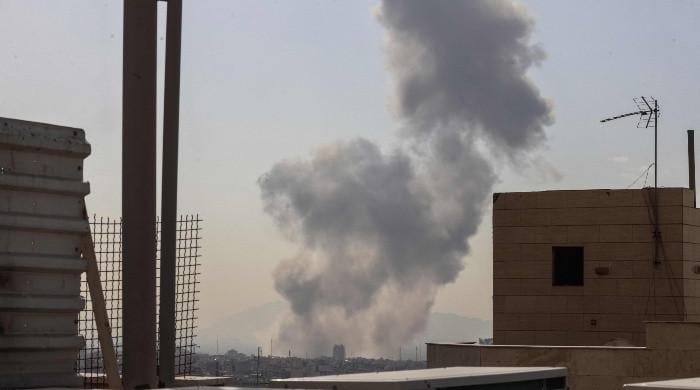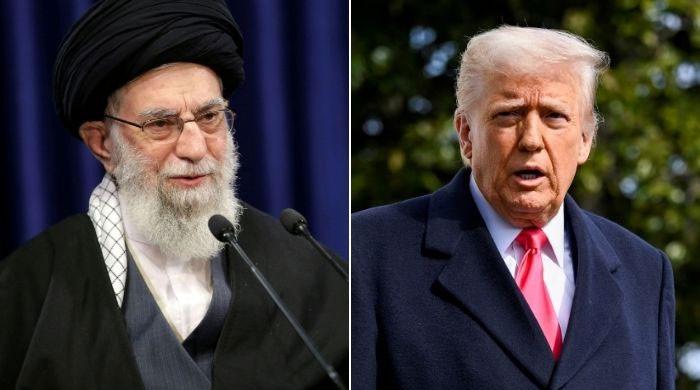By the stroke of a pen, Trump to ban thousands from entering America
President Donald Trump can legally exercise 'executive power' granted by the US Constitution to enforce the suspension of valid visas, barring thousands from seven Muslim countries from entering...
January 25, 2017
The world is abuzz after US President Donald Trump announced he has a “big day” planned on national security which according to sources is going to include a temporary ban on most refugees and a suspension of visas for citizens from seven Muslim countries.
Is it legal?
President Donald Trump according to US media reports, will enforce the suspension through executive orders, which in layman terms is a directive from the US President which holds much of the same power as a federal law.
Article II of the US Constitution grants the President ‘executive power’ which is usually cited when arguing the permissibility of executive orders which a president may exercise in order to bypass Congress. Any such executive order cannot be overturned by Congress, but it can try and pass bills to make implementation of such orders difficult – but any such bills may be vetoed by the President.
Only the Supreme Court of the United States of America may by way of a judicial review overturn an executive order, or by a future president.
Reuters quoted Stephen Legomsky who was chief counsel at US Citizenship and Immigration Services during the Obama administration who stated that the US President did in fact have the authority to limit refugee admissions and the issuance of visas to specific countries.
Legomsky said, “from a policy standpoint, it would be a terrible idea because there is such an urgent humanitarian need right now for refugees.”
"a very counterproductive message at a time when we are seeing growing Islamophobia in the US"
Speaking to Geo.tv the National Communications Director and spokesperson for the Council on American-Islamic Relations (CAIR), Ibrahim Hooper said the decision “is sending a very counterproductive message at a time when we are seeing growing Islamophobia in the US.”
When asked if the such a decision to block visas until stricter vetting was in place would make America great again, Hooper responded, “People who are coming into this country are already vetted by consulates, by immigration personnel and it has not been a problem, so what the President is doing is just pandering to fear, to Islamophobia, and is exploiting islamophobia and I think it is very unfortunate and it sends a very negative message about our country to the rest of the world.”
Hiroshi Motomura at the UCLA School of Law told Reuters, that detractors could launch legal challenges against the President’s executive orders citing they are discriminating against a particular religion, which would be unconstitutional.
However unlike many of the US President’s claims made during the election campaign that were brushed aside as impossible to execute, President Trump does in fact have multiple tools at hand to enforce the visa ban.
The US President could direct the State Department to stop issuing visas to people from the seven countries on the ban list; he may also instruct US Customs and Border Protection to stop any current visa holders from those countries from entering the United States.
The Ban List
The seven countries that will be affected include Libya, Iraq, Iran, Somalia, Sudan, Syria and Yemen. According to data available, in the 2016 fiscal year the United States issued 23,732 visas to these seven countries out of a total 617,752 immigrant visas issued that year.
While data for non-immigrant visas issued to the seven countries in 2016 is not available, data for the previous fiscal year for all types of non-immigrant visas issued shows that the United States issued 72,162 visas to these countries out of total 10,891,745 visas issued that year.
In percentage terms, the estimated number of immigrants that will be affected by the US President’s executive order stands at less than four percent and the number of non-immigrant visitors it will have a direct impact on is less than one percent, in real terms ostracizing nearly 100,000 Muslims will not put America on the path to be great again; as Ibrahim Hooper said, “we don’t need to send a message to the Muslims that they are not welcome here.”
Ovais Jafar is a multimedia journalist, he tweets as @ovaisjafar




